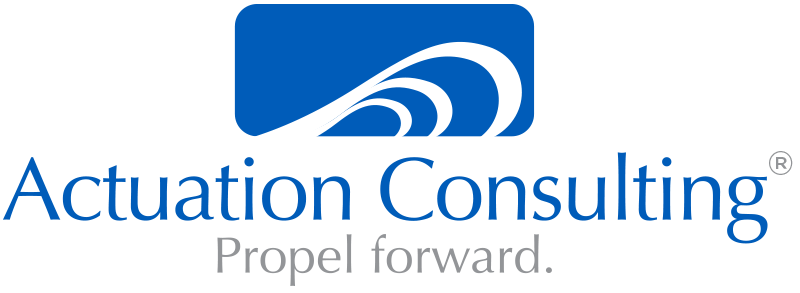Steve, thanks for joining me today.
I would like to begin by asking about whether you think the role of product manager is becoming more or less strategic? And if less, what should we at the industry level do about it?
(SJ) For most teams, the product manager role has become more tactical. Development needs real-time access to customer information; so does Sales and so does Marketing. Your recent study of Product Team Performance reveals that almost half of the product manager’s time is spent in firefighting. And I hear this frequently.
The teams that have successfully found the balance between tactical and strategic are the ones who staff it with that objective. You can’t ask a tactical person to also be strategic in their extra time; there is no extra time! (Just think about what happens when sales people also try to do marketing.) So the successful model seems to be a strategic product manager or director, paired with a technical product manager or product owner, plus a product marketing manager for all the go-to-market stuff.
I know it sounds like a lot, but here’s the scary part: The strategic stuff is being done today in your organization but you just don’t know who is doing it. I wrote about this in my free ebook, Product Management Expertise at http://www.under10consulting.com/writing/expert
Every year Actuation Consulting conducts a global Study of Product Team Performance©. There is no question that Agile methodologies have been ascendant for the last several years. What are your thoughts on the impact of Agile on the product manager and the evolution of the product owner role?
(SJ) I’m seeing many companies struggle with integrating traditional product management with the new demands of Agile development. It’s the whole strategic versus tactical thing again. If nothing else, Agile reveals how understaffed product management teams are today. One VP of product management told me how the new demands resulted in doubling his staff.
Agile methods have impacted almost all organizations. And the most common challenge they encounter is whether product owner is the same as product manager or if it’s the same as business analyst. I think the leaders of the Agile movement want a strategic product owner, more like a product manager, but most teams seem to have relegated the product owner to business analyst.
Rather than one role replacing another, I’m working with teams now to define both the product manager role and the product owner with clear lines of responsibilities and hand-offs. Who has responsibility for the portfolio roadmap? Who owns the release backlog? These are questions that the industry hasn’t really addressed.
There are clearly challenges today for product managers ranging from strategic bandwidth to the high resource consumption rates triggered by the increased use of Agile methods. How will the ProdBOK Guide help to address these challenges?
(SJ) There are many great training resources for product managers, product owners, and product marketing managers but each takes a slightly different view of roles and responsibilities. My hope for the ProdBOK Guide is that it will help standardize the product management profession so that we all mean the same thing when we’re talking about ownership and artifacts.
What do senior company leaders need to know about product management and Agile?
(SJ) The Agile community seems to be “selling” Agile as a faster time-to-market solution but most teams are finding that Agile increases quality. There are fewer bugs, fewer surprises, and less feature-bloat. Yes, you can change your priorities quickly but Agile doesn’t mean execs can change their minds continually.
And Agile methods want a single voice of priority. Who is that in your organization? It should be the strategic product manager — the one who understands the market and its challenges. Senior executives need to know that product managers are trying to implement the leadership’s strategies. Give your team direction and let them figure out how to get there.
Any final thoughts Steve?
(SJ) I want product management to earn the respect of senior leadership, development and sales teams, and others in the organization. If product managers want credibility, they have to earn it —they need to act more like product executives and less like servants to others.
Steve Johnson is a recognized thought leader on product marketing and management processes. Under 10 Consulting is based on the belief that minimal process and simple templates result in a nimble world-class product marketing and management team. Learn more at http://www.under10consulting.com/about
Greg Geracie is the author of Take Charge Product Management©, the Editor-in-Chief of The Guide to the Product Management and Marketing Body of Knowledge (ProdBOK), and the leader of this initiative. ProdBOK is an industry-wide effort to standardize the practice of product management sponsored by the Association of International Product Management and Marketing (AIPMM).
The ProdBOK mark is a registered trademark of AIPMM.

